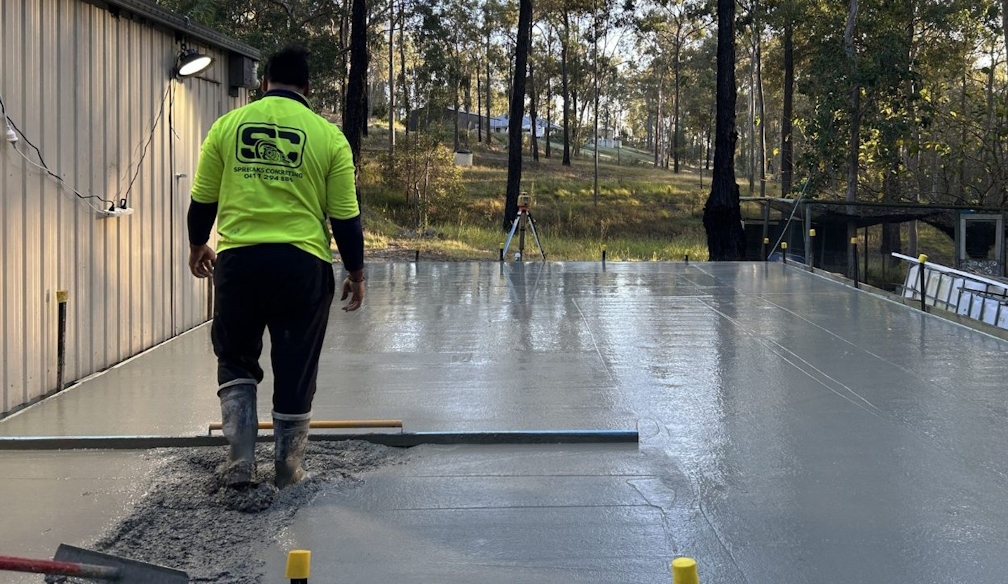The Need For Sustainability In Concreting

In an era where sustainability is not just a buzzword but a necessity, the concrete industry is undergoing a significant transformation. Concrete, the world's second most consumed material after water, is at the forefront of this change.
This article delves into the innovative practices and technologies driving sustainability in the concrete sector, featuring insights from industry experts and business owners.
Despite its strength, low cost, and ease of manufacture, concrete production is responsible for approximately 8% of global carbon dioxide emissions. The manufacturing process, involving the burning of fossil fuels and chemical transformations, releases large quantities of CO2.
However, the industry is now pivoting towards greener practices to mitigate these environmental impacts.
A groundbreaking discovery by researchers at MIT has opened new avenues for reducing concrete's carbon footprint. By introducing materials like sodium bicarbonate into the manufacturing process, it's possible to mineralize up to 15% of the CO2 emissions associated with cement production. This innovation not only retains concrete's mechanical performance but also sets quicker, boosting productivity.
The potential of concrete to naturally absorb CO2 through carbonation is being re-evaluated, with recent studies suggesting that this capacity has been underutilized. The integration of new technologies and admixtures is paving the way for carbon-neutral, or even carbon-negative, construction materials.
In practice, the sustainability of concrete is enhanced by using supplementary cementitious materials (SCMs) like fly ash, slag cement, and silica fume. These materials not only reduce the carbon footprint but also contribute to the durability and resilience of the structures. Innovations like pervious concrete, which allows water to drain directly to the subsurface, are also making strides in environmental conservation.
Dylan Sprecaks, owner of Sprecaks Concreting, reflects on these changes, "The shift towards sustainable practices in concrete production isn't just about reducing emissions. It's about rethinking our entire approach to construction, ensuring that we're building a world that future generations can thrive in."
